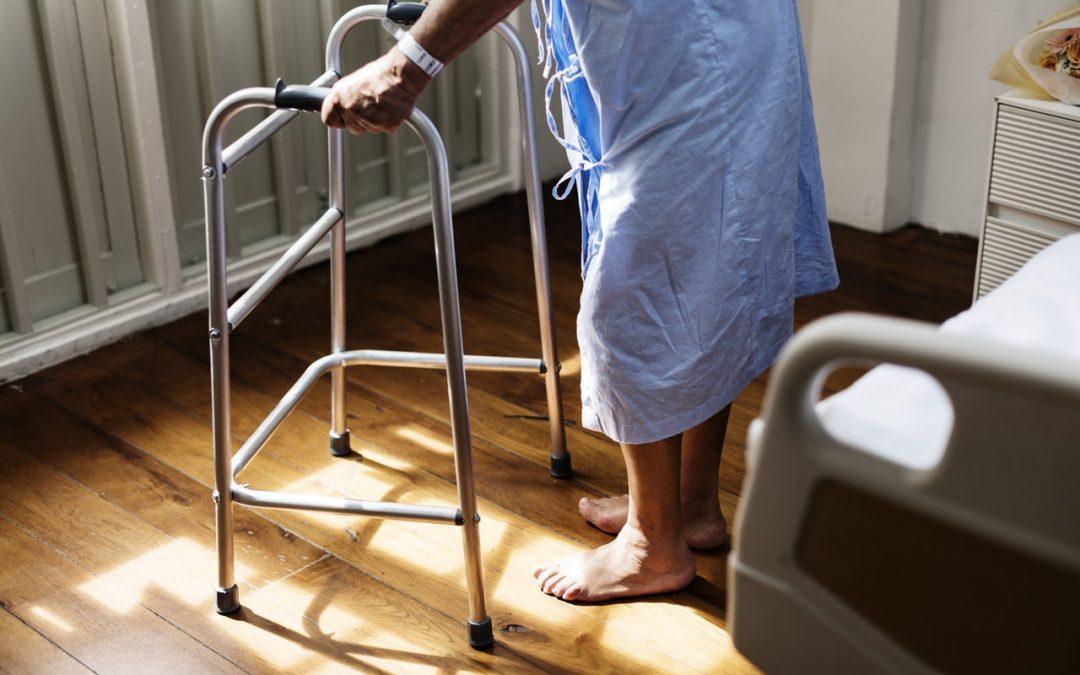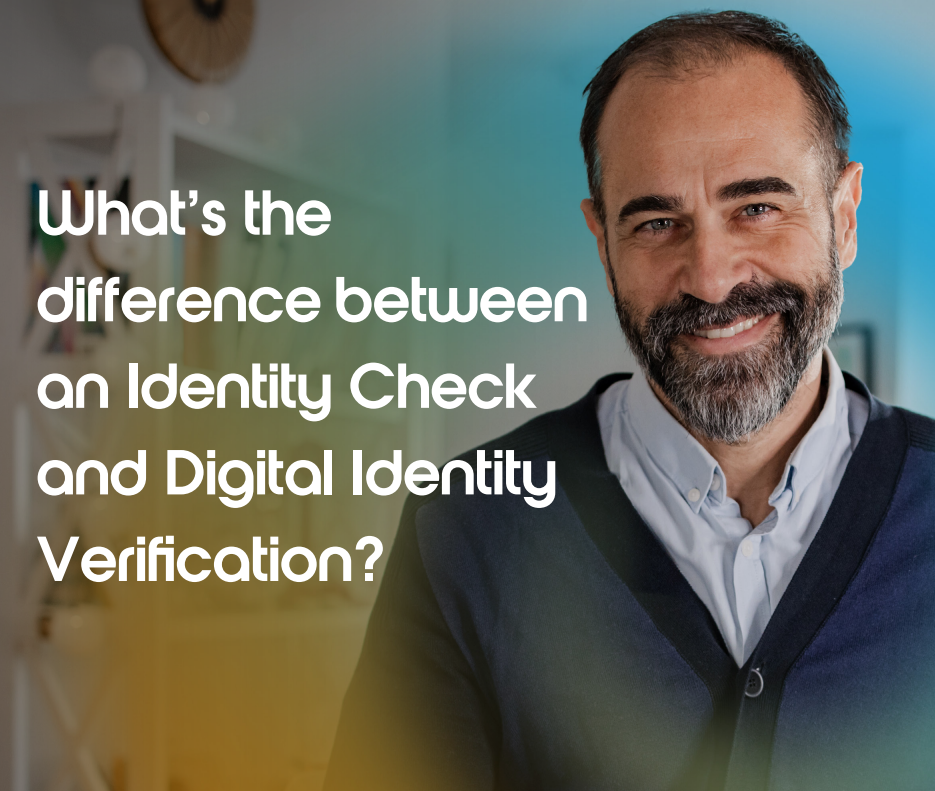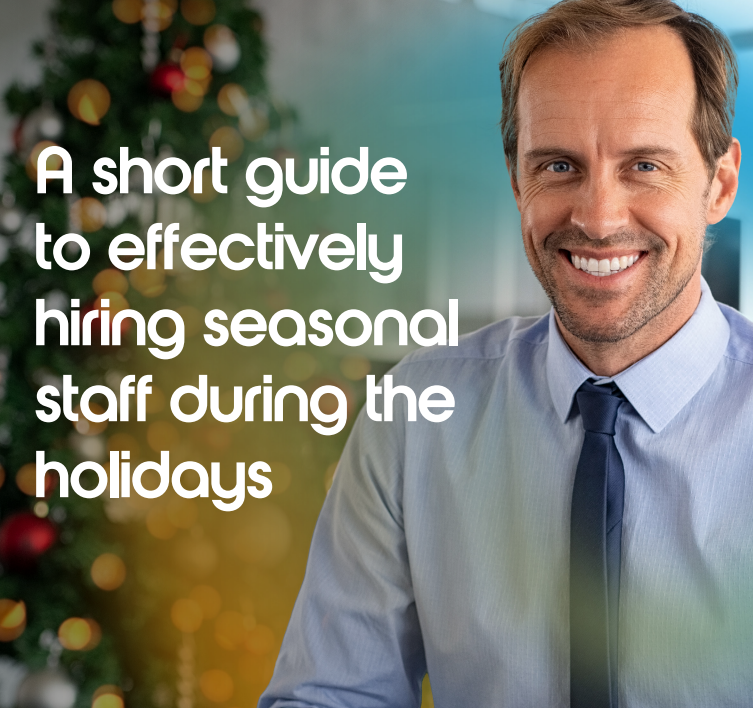DBS checks for care homes help organisations make safer recruitment decisions, and are instrumental in ensuring care home staff are suitable to work with vulnerable adults.
A 2017 report by the Care Quality Commission (CQC) highlighted significant variations in the standard of safety in care homes across the UK, with one in four care homes being declared unsafe.
The report, which inspected all registered adult social care providers in the UK, also found that a third of residential nursing homes are considered inadequate in providing acceptable levels of care.
It’s clear that quality safeguarding in care homes is paramount, and although safety standards are often strictly maintained, it can be particularly worrying when they’re not.
So if you’re wondering ‘can I work in care without a DBS Check?’ – or are unsure whether the staff at your care home may require a DBS Check – we hope this guide will answer your questions.
CQC requirements for care homes
The CQC regulates adult social care services to make sure they meet fundamental standards of safety and quality, and sets out regulations to ensure care providers never fall below these standards.
These regulations include:
- Safe care and treatment: those receiving care must not be given unsafe care or treatment or be put at risk of harm that could be avoided
- Fit and proper persons employed: services must only employ people who can provide care and treatment appropriate to their role. They must have strong recruitment procedures in place and carry out relevant checks on applicants
Why are DBS checks for care homes necessary?
DBS checks in care homes help to prevent people who pose a threat to those using care services from entering the workforce.
All health and social care providers registered with CQC are responsible for checking their staff, and should carry out DBS checks on all staff or volunteers who are eligible.
The eligibility and appropriate level of DBS Checks in care homes will depend on the person’s role and responsibilities.
What level of check should care home staff have?
Most care home staff will be eligible for an enhanced DBS check due to the nature of their work.
An enhanced DBS check will reveal any convictions, cautions, reprimands or final warnings the applicant has, as well as any relevant information held by their local police department.
Any staff member who will be working in regulated activity will also be eligible for a check of the adults’ barred list. The adults’ barred list is a list maintained by the DBS which details individuals who have been barred from working with vulnerable adults.
The government defines a vulnerable adult as a person aged 18 or over who:
is or may be in need of community care services by reason of mental or other disability, age or illness; and who is or may be unable to take care of him or herself, or unable to protect him or herself against significant harm or exploitation.
Care home residents usually fall under this definition, and most care home workers will come into contact with residents on a daily basis.
In summary, a person will be engaging in regulated activity with adults if they:
- Are a regulated healthcare professional providing healthcare to an adult, or directing or supervising the provision of healthcare to an adult
- Provide personal care for adults involving hands-on physical assistance with washing and dressing, eating, drinking or toileting; prompt or supervise an adult with any of these tasks because of their age, illness or disability; or teach someone to do any of these tasks
- Are a social care worker providing social work to an adult, which is required in connection with any health services or social services
- Assist an adult with their cash, bills or shopping because of their age, illness or disability, arranged via a third party
- Assist in the conduct of an adult’s own affairs under a formal appointment
- Convey adults for reasons of age, illness or disability to, from or between places where they receive healthcare, personal care or social work, arranged via a third party
A more complete definition of regulated activity is available from the Department of Health.
Roles which don’t involve any of the above activities – for example, cleaners or administrators – would not be eligible for a check of the barred list.
Carrying out DBS checks for care homes helps protect residents, gives their families peace of mind and shows that staff are committed to safeguarding in care homes.
DBS Checks for Care Homes – Conclusion
If you’d like more information about safeguarding and DBS checks for care homes, get in touch with us today – we’d be glad to help.







